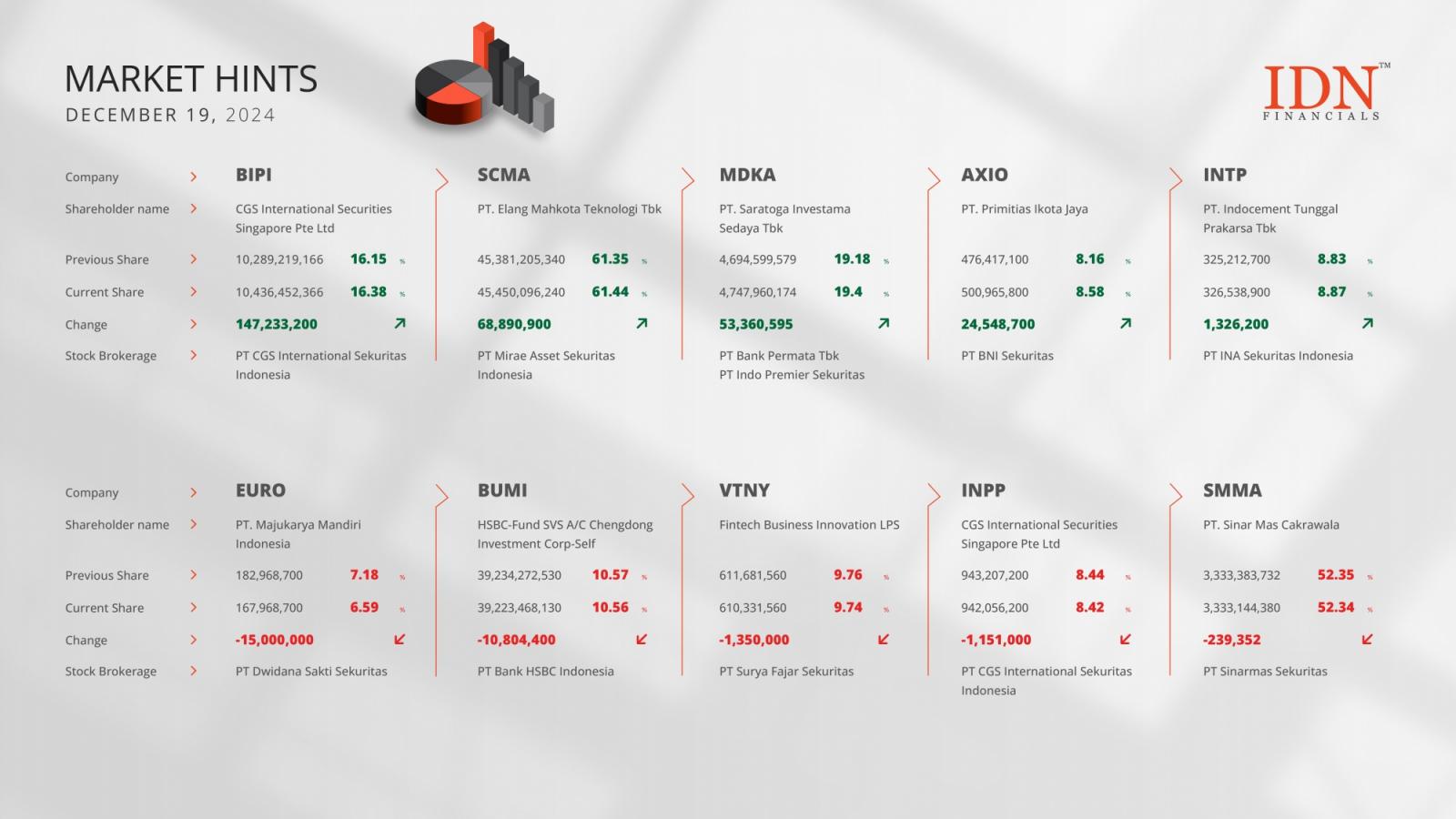Turkey is set to implement a major fiscal overhaul that includes a 0.03% transaction tax on cryptocurrency trading.
The new taxation addresses the country’s budget deficit, exacerbated by the 2023 earthquakes. The proposed tax reforms are expected to generate substantial revenue and mark the largest change to Turkey’s tax system in decades.
Turkey’s New Cryptocurrency Tax Measures and Economic Impact
According to Bloomberg, this tax could yield approximately 3.7 billion TRY annually, approximately $113 million, directly boosting the nation’s economy amid challenging fiscal circumstances.
“The ministry is considering a 0.03% transaction tax on crypto trading, which has become popular among retail Turkish investors seeking a hedge against lira weakness and rampant inflation,” the Bloomberg report noted. “The move would bring in 3.7 billion liras a year, according to official projections.”
The broader tax reform seeks to generate 226 billion liras ($7 billion), equivalent to roughly 0.7% of Turkey’s gross domestic product. These measures are claimed to be critical for reinvigorating the nation’s economic recovery following the devastating earthquakes.
Despite previously denying plans to tax crypto and stock gains, the Turkish government is now shifting its stance to include targeted transaction taxes.
💰 Turkey plans to introduce taxes on gains from crypto and stock trading. The decision is part of the strategic move to enforce strict fiscal discipline and improve price stability after the country has faced inflation challenges.#CryptoNewshttps://t.co/z75AMohO3G
— Cryptonews.com (@ ) June 5, 2024
On June 5, Finance Minister Mehmet Simsek stated that Turkey would “leave no area untaxed to provide justice and effectiveness in taxation.” The ruling party, led by President Recep Tayyip Erdogan, holds a parliamentary majority and is expected to pass the proposed legislation. Previous attempts to implement transaction taxes have faced strong backlash, however and political contention is also anticipated this time.
“Officials are preparing new tax legislation to be debated in parliament later this month,” an insider noted. “This would mark the most sweeping overhaul of Turkey’s tax code since levies were raised across the board after the 1999 earthquake to fund recovery efforts back then.”
Introducing a transaction tax on crypto trading is part of a broader effort to regulate Turkey’s rapidly growing cryptocurrency market. Persistent TRY weakness and high inflation have driven many Turks to digital assets, and the government seeks to capitalize on this trend through taxation.
Turkey Crypto Adoption Through CBDC
In February, the Central Bank of the Republic of Turkey (CBRT) completed the first phase of testing its digital Turkish lira and moved into more advanced phases for widespread pilot tests.
The initial phase focused on preliminary tests of strategic technologies to measure user experience and system performance at specific locations. The next phase will expand the Digital Turkish Lira Collaboration Platform with new participants and conduct pilot tests for various scenarios.
Misyon Bank recently partnered with Swiss firm Taurus to enhance its digital asset custody and tokenization capabilities and position Turkey as a regional hub for these services. Misyon Bank plans to leverage Taurus’s expertise to offer digital custody services to various institutions, including banks, fintechs, and central banks.
The country has seen noteworthy developments such as HSBC’s gold tokenization initiative and Garanti BBVA’s digital assets launch, signaling growing interest and investment in the digital asset sector.
The new initiative also reflects the growing popularity of digital assets among Turkish investors as a hedge against inflation and currency depreciation. With the Turkish lira experiencing devaluation, many investors have turned to cryptocurrencies to protect their wealth.





